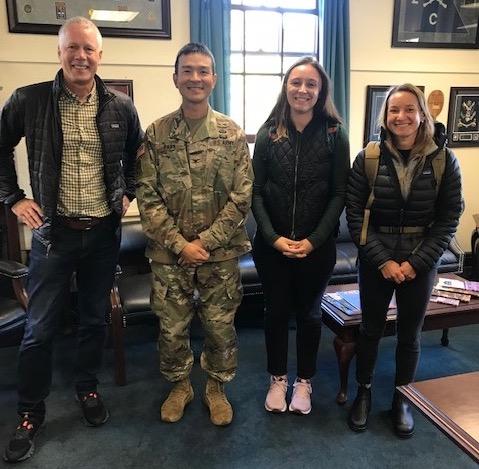About
The United States has over 18 million hectares of dedicated military land, but the environmental benefits produced by this land are severely understudied. Presently, the US Department of Defense (DoD) lacks a comprehensive, systematic method for documenting the value of ecosystem services and needs a better understanding of how they may be changed or redistributed as a consequence of land management interventions. Consequently, the contribution of military bases to neighboring communities is very likely undervalued, and management of DoD’s significant natural resources may be suboptimal. Development of a platform to evaluate and track ecosystem service value on military bases could help to demonstrate the potential returns that military lands produce for surrounding communities.
Alongside our partners at Duke University, we are facilitating the development of a generalizable, user-friendly, and state-of-the-art software modeling tool to value, enhance, and document the ecosystem service delivery of military lands.

